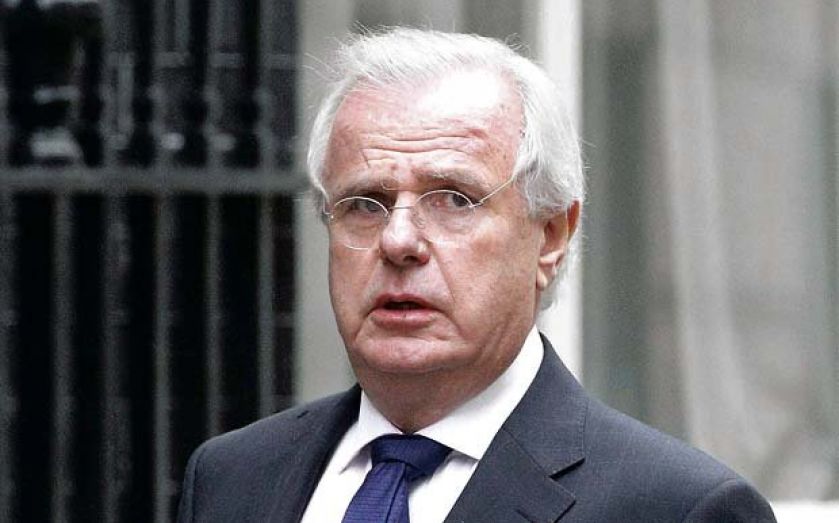| Updated:
Lord Myners’ report into Royal Mail mustn’t get lost in the post

It's the privatisation row that won’t go away. Royal Mail’s shares may have performed limply since their post-flotation peak earlier this year, but their initial surge makes it a safe bet that the sell-off will feature heavily during next year’s general election campaign.
Two reports – from the National Audit Office and the Business Select Committee – have been critical of both the sale process itself and the pricing advice given to ministers.
Will a third such coruscating document be added to that list?
An inquiry commissioned by business secretary Vince Cable into the bookbuilding process is intended to deliver lessons for future asset sales rather than a post-mortem examination on the Royal Mail flotation.
Try telling that to Lord Myners. Some of those interviewed as part of the investigation being led by the former city minister have emerged from their grillings taken aback by his forensic probing of the postal operator’s listing.
In recent weeks, Richard Cormack of Goldman Sachs, UBS’s Christopher Smith and a team from Lazard have given evidence.
One of the ideas seeded by Lord Myners’ panel, according to people close to it, is an auction process comparatively untested in IPOs in the London market.
The inquiry is now said to be close to a conclusion, but a further row may be looming. Ministers are said to be undecided about whether to publish the final report. Whatever its conclusions, it would be ludicrous to pretend that it had somehow been lost in the post.
HOW SAFE IS STANDARD CHARTERED’S BOSS?
It’s fortunate for Standard Chartered that its largest shareholder, the Singaporean state fund Temasek Holdings, is not among those clamouring for management changes at the bank.
Temasek’s stance does not mean, however, that Peter Sands, the chief executive, or his chairman, Sir John Peace, are not fast running out of road.
Last week’s profit warning – the third this year – was triggered partly by bad banking decisions: lending to customers who have been unable to repay what they’ve borrowed.
Sands cannot be blamed for individual poor loans, but the principle of accountability means that he may have to carry the can for such a weak overall business performance.
One person said to have been approached informally by shareholders as a possible replacement for either man is Jonathan Moulds, the former Bank of America president. He was staying appropriately tight-lipped yesterday.
LUCKY GEORGE OSBORNE’S FINE OUTLOOK
Never one to look a gift-horse in the mouth, George Osborne is preparing to saddle up again.
In less than a month, the Financial Conduct Authority (FCA) is expected to reap fines approaching £1.5bn from six banks investigated for colluding in foreign exchange markets.
Leave aside inevitable complaints from some banks that the spread between the most and least egregious offenders is too narrow to reflect any meaningfully different judgements about their conduct: those won’t concern the chancellor.
Instead, the ever-astute Osborne must be licking his lips at the prospect of a tidy windfall to turn into a headline-grabbing giveaway.
There’s a precedent, of course. To date, more than £100m of fines imposed on banks for manipulating the Libor benchmark rate have been directed towards the armed forces and emergency services – with a further announcement from the Treasury today.
The Treasury insists that no decisions have been taken about the use of future conduct-related fines and that the probe must run its course.
But with the Autumn Statement scheduled just days after the FCA’s forex settlement might take place, it would be astonishing if the chancellor didn’t have the banks to thank for another useful pre-election gimmick.
